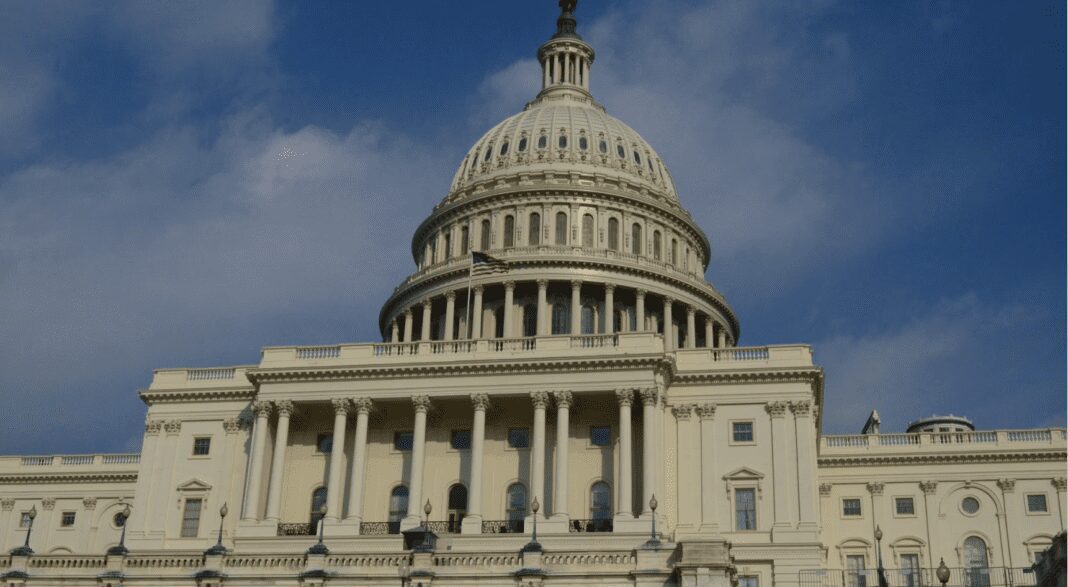Forex CFDs (Contracts for Difference) are financial derivatives that allow traders to speculate on the price movements of currency pairs without actually owning the underlying currencies. They are distinct from traditional currency exchange services offered by banks. Here’s how Forex CFDs differ from buying and selling currencies through a bank:
Forex CFDs:
- Derivative Contracts: Forex CFDs are financial derivatives that derive their value from the underlying currency pair. When you trade a Forex CFD, you are entering into an agreement with a broker to exchange the difference in the value of the currency pair between the time you open and close the trade.
- Speculative Trading: Forex CFDs are primarily used for speculative trading. Traders aim to profit from price fluctuations in currency pairs by taking long (buy) or short (sell) positions.
- Leverage: Forex CFDs typically offer leverage, allowing traders to control larger positions with a relatively small amount of capital. This can amplify both profits and losses.
- No Ownership of Physical Currency: When trading Forex CFDs, you do not own or take possession of the actual currencies. You are simply speculating on their price movements.
- Diverse Range of Instruments: Forex CFDs offer a wide range of currency pairs to trade, including major, minor, and exotic pairs. Traders can access various markets and trading opportunities.
- Regulated Brokers: Forex CFD trading is facilitated by online brokers who are regulated by financial authorities. These brokers provide trading platforms, leverage, and access to the global forex market.
Traditional Currency Exchange with a Bank:
- Physical Currency Exchange: When you buy or sell currencies through a bank, you are engaged in physical currency exchange. You are purchasing one currency and selling another for the purpose of international transactions, travel, or investment.
- Spot Market Transactions: Banks typically offer currency exchange services for immediate settlement, known as the spot market. You receive physical currency in exchange for your funds.
- Not Speculative: Traditional currency exchange at a bank is not intended for speculative purposes. It is primarily used for practical purposes like travel, trade, or investment in foreign assets.
- Fixed Exchange Rates: Banks often offer currency exchange at fixed or pre-determined rates. These rates may be less favorable for speculative trading compared to market rates.
- No Leverage: In traditional currency exchange, there is no concept of leverage. You exchange funds at the available rate without borrowing additional capital.
- Limited Currency Selection: Banks typically offer a limited selection of the most common currencies used for everyday transactions.
In summary, Forex CFD trading is a form of leveraged speculative trading in which traders aim to profit from currency price movements without owning the underlying currencies. It provides access to a wide range of currency pairs and is facilitated by online brokers. Traditional currency exchange with a bank, on the other hand, involves the physical exchange of currencies for practical purposes and is not intended for speculative trading. The rates offered by banks may differ from market rates, and there is no leverage involved in these transactions.

